Life
Sign up for our newsletter
We summarize the week's scientific breakthroughs every Thursday.
-
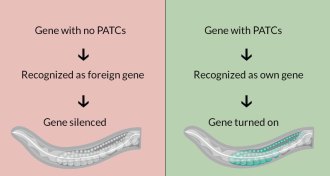
-
 Science & Society
Science & SocietyGM mosquitoes succeed at reducing dengue, company says
GM mosquito releases in Brazil have helped cut dengue cases 91 percent in a year.
By Susan Milius -
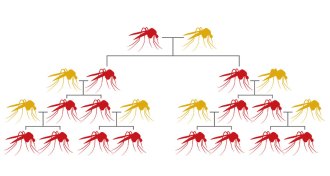
-
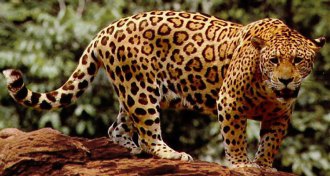 Animals
AnimalsFor jaguars, armored prey is no obstacle
With big heads, thick teeth and strong muscles, jaguars have evolved to take on dangerous prey, often animals covered with thick armor.
-
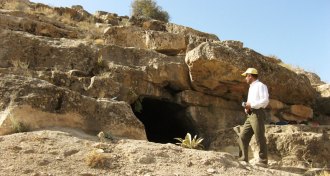 Anthropology
AnthropologyTwo groups spread early agriculture
The Fertile Crescent was a diverse place. Multiple cultures were involved in the dawn of farming.
-
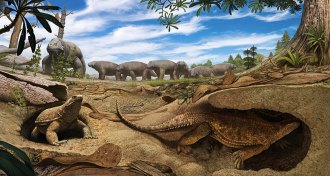 Paleontology
PaleontologyWhy the turtle got its shell
Fossil evidence suggests that turtles’ ancestors started to form precursors to today’s shells to help them dig, not to protect themselves.
-
 Health & Medicine
Health & MedicineStill mysterious, aging may prove malleable
Our editor in chief discusses the science of aging.
By Eva Emerson -
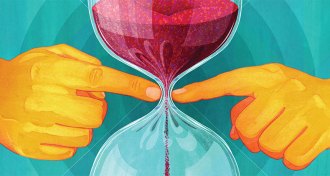 Life
LifeA healthy old age may trump immortality
Despite disagreements about what aging is and isn't, scientists have reached a radical consensus: It can be delayed.
-
 Neuroscience
NeuroscienceThe brain’s blueprint for aging is set early in life
The brain's decline may mirror its beginning, offering clues to aging.
-
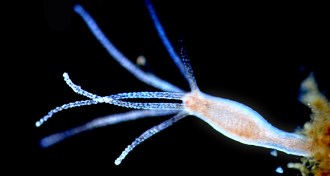 Animals
AnimalsOrganisms age in myriad ways — and some might not even bother
There is great variety in how animals and plants deteriorate (or don’t) over time.
By Susan Milius -
 Animals
AnimalsReaders mesmerized by ‘Strange visions’
Animal vision, ice-making microbes, brain maps and more reader feedback.
-
 Animals
AnimalsWhat animals’ life spans can tell us about how people age
The animal world can offer insights into human longevity.